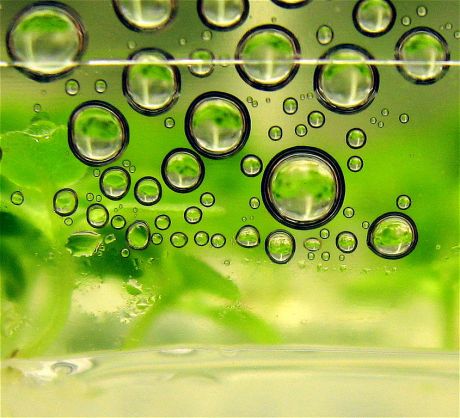
An EU network is helping to overcome fragmentation in research and development facilities for thermochemical technologies by granting researchers access to high-level experimental facilities and services across Europe.
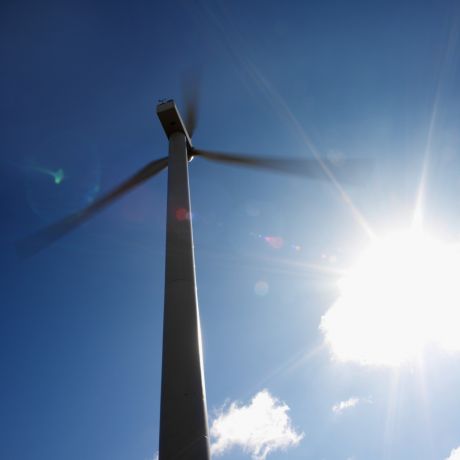
Power generation from a renewable resource like wind directly depends on the weather, which cannot be easily predicted. An EU initiative improved wind power and electricity demand forecasting in order to make wind power more valuable on the power market.
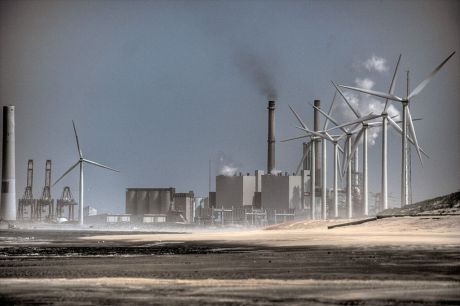
An EU team is helping Poland's Institute of Engineering develop clean energy technologies. Achieving knowledge-exchange through secondments, the project advanced the discipline in numerous important ways, while also upgrading equipment.
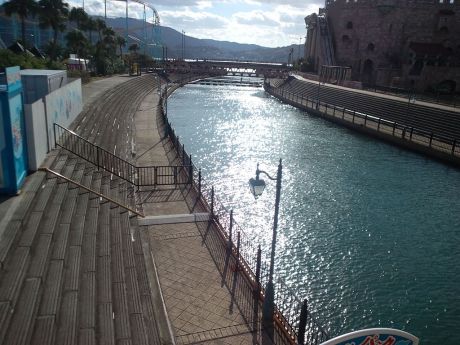
An EU research project has developed guidelines and tools to help restore Europe's river systems, in the face of multiple pressures on this important ecosystem.

Nearly zero-energy buildings are a major element of European climate policy, and by 2021 every new building has to meet this standard. Hybrid systems that are 100 % renewables will help transform the heating and cooling market, providing improved efficiency and carbon dioxide reductions.
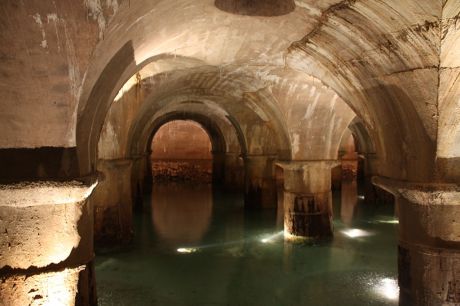
An EU team has devised a cheaper industrial wastewater treatment process using just electricity. Prototype testing demonstrated effective removal of suspended particles and oxidisation of dissolved chemicals.
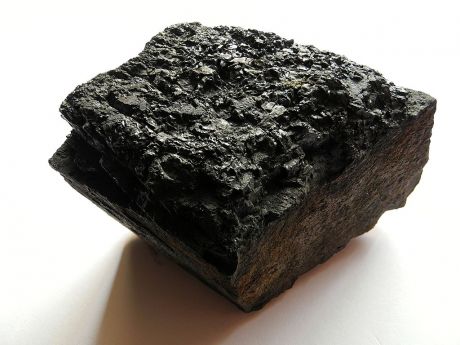
An EU-funded consortium is working on increasing the efficiency and reliability of coal-fired power plants in India and Turkey.

Recent research has identified the interplay between social, political and technical challenges associated with the complex and expensive process of radioactive waste disposal.
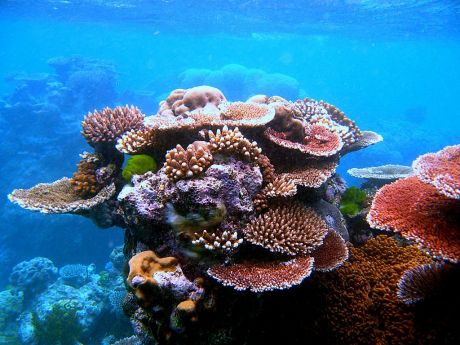
Researchers are reconstructing the climatic history of ancient coral reefs to predict the impact of climate change on modern-day reef ecosystems.

Preserving ecosystems and the biodiversity they support could reduce the emergence of infectious diseases from these natural systems. The current rates of biodiversity loss around the world could have major consequences for emerging diseases.
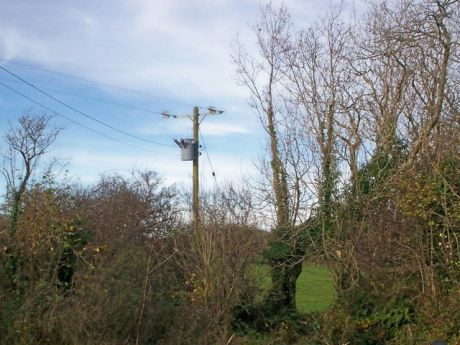
These days, extreme weather phenomena and terrorist attacks that debilitate electricity supply infrastructures are a reality. Researchers have created new tools to protect the EU against such attacks.
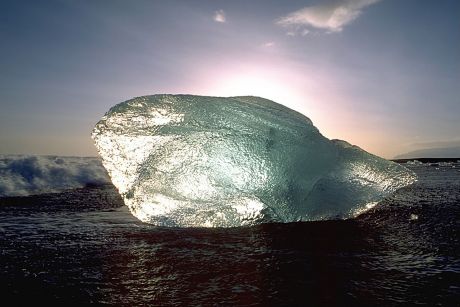
The HYDRALAB research network has improved access to expensive equipment and facilities for water-related research across Europe.

Sediments and landforms left behind by retreating glaciers can provide valuable information on the processes that shaped them. Reconstructing the behaviour of glaciers and ice sheets could provide important indicators of environmental change.
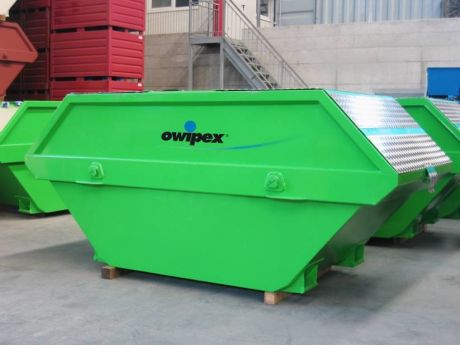
In an environmentally friendly waste cycle, researchers are creating compounds from urban refuse that decontaminate pollutants in other waste streams.

Climate change is set to increase the susceptibility of forest ecosystems to damage by alien invasive pests and pathogens. EU scientists investigated ways to counter this threat in order to prevent a decrease in primary production, and hence yield, as well as loss of vulnerable tree species.

Researchers have developed a framework for monitoring soil function in the EU that includes data collection, management and modelling.
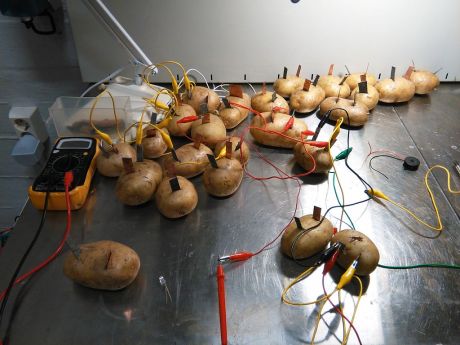
An EU research project is adjusting models of clean versus dirty energy technology and investment practice to predict how different policies will affect climate change.

The extinction of plants and animals can have devastating effects on the environment as well as on humans. An EU-funded project is exploring methods to conserve biodiversity in areas where species are threatened.
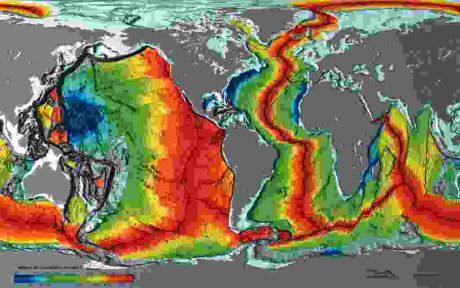
The world's oceans cover over two thirds of the Earth's surface. EU-funded scientists are paving the way for a European network of deep-sea observatories to facilitate real-time monitoring of the myriad of changes affecting our lives.
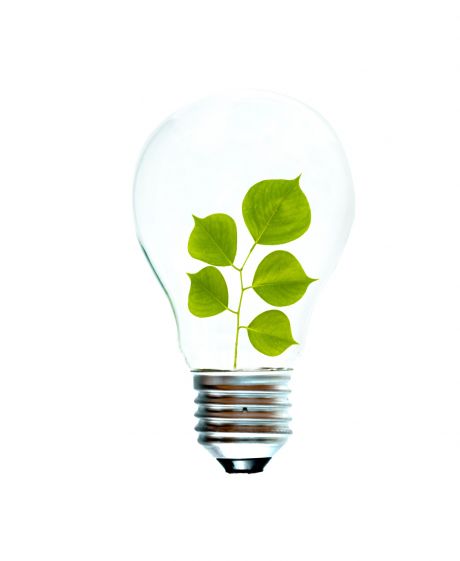
EU-funded scientists successfully developed a system that generates electricity from low-temperature waste heat ranging from 60 to 120 °C. Harnessing low-grade heat should help to significantly mitigate the negative environmental impact of industrial plants.
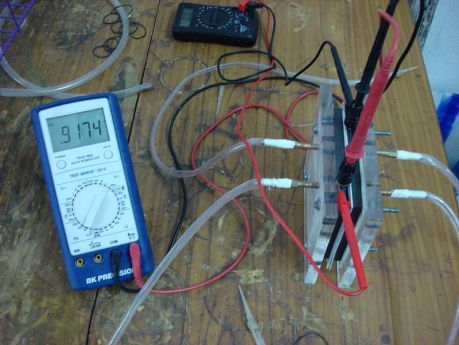
New membrane-electrodes assemblies with less platinum content can slash the costs of automotive fuel cells (FCs). An EU-funded project is developing a new electrode concept without compromising on FC efficiency and durability.
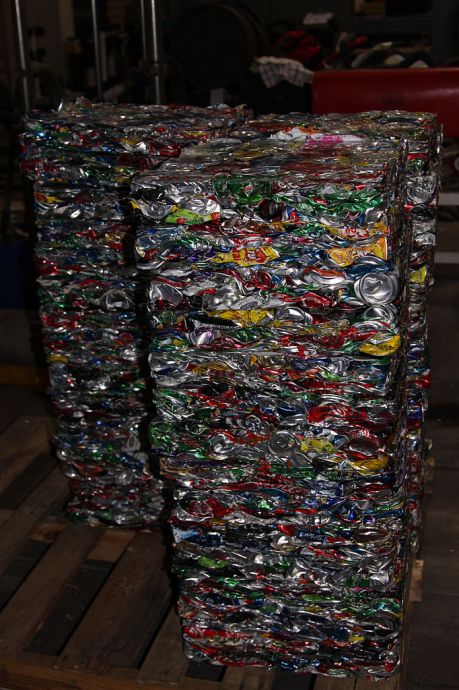
Although aluminium is a highly versatile and sustainable material, some of its by-products from recycling can be hazardous to the environment. An EU-funded project is developing in situ recycling technology of its waste by-products that is economical and safe for the environment.
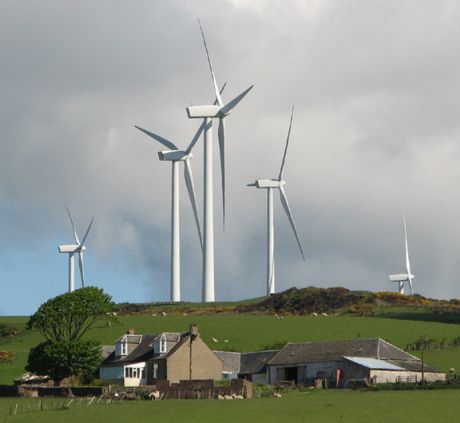
Different regions and economic sectors are dealing with the impact of climate change in different ways. A framework to optimise these responses under different scenarios has been developed under the auspices of an EU-funded initiative.
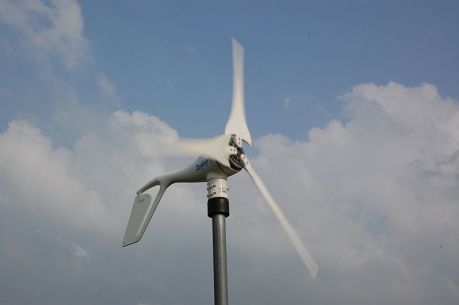
Small-scale renewable energy systems are changing the global energy landscape, lowering environmental impacts. An EU-funded project is developing new tools for distribution system operators (DSOs) to support their new roles in the European electricity system.

An EU project is developing, testing and sharing innovations for sustainable urban living. The team has created several planning tools, documented case studies involving urban green space experiments, and defined mechanisms for adaptive management.
























